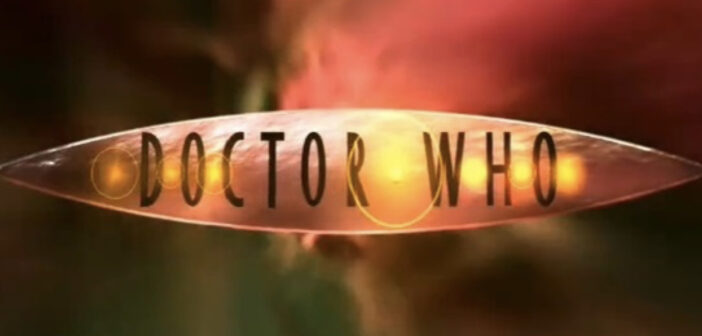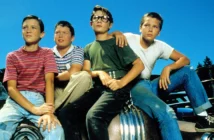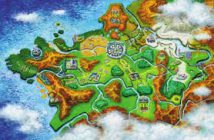Perhaps better known now as the mastermind behind Years and Years and It’s a Sin, Russell T Davies led the production team behind Doctor Who’s successful 2005 revival until his departure in 2010. He has now been confirmed as the new Doctor Who showrunner following the BBC Centenary Special later this year, replacing Chris Chibnall and his team. While this seems to have been foreshadowed by his Who-themed lockdown projects featuring cast reprisals of roles, notably almost the entire Sarah Jane regulars, Davies’ return to the series that made him a household name is one that is highly anticipated.

Above: Russell T Davis, showrunner for Doctor Who 2005-2010. Credit: Tony Hassall
The original run of Doctor Who had not reached its natural end in 1989; it had been cancelled. Marked by the BBC as ‘on hiatus’, following the ironically named (in retrospect) serial titled Survival, Doctor Who’s original 26 -year TV run came to an abrupt end. The ‘wilderness years’ of Doctor Who are an interesting pandora’s box of stories in their own right but the key thing to remember about this period from 1989 to 2005 is that just because there was no Doctor Who on TV, doesn’t mean that there was no Doctor Who. Although expanded media and fandom as we know it today was very much in its infancy in the ‘90s, Doctor Who novels, audiobooks and sketches did provide the foundation for many notable Who-careers. Russell T Davies contributed to the ‘New Adventures’ novels whilst Stephen Moffatt penned the tongue-in-cheek Comic Relief sketch The Curse of Fatal Death and even David Tennant had several supporting roles in audio-dramas. Therefore, the franchise was sustained by people who loved the property and could play to its strengths – something invaluable in making the new series a success. It was very much a passion project.
When reviving the series for TV in 2005, Davies was keen to maintain the core concepts of the original run, but also made sure to address some major tropes that had damaged the programme during the late ‘80s. Notably, the fabricated costumes from Tom Baker’s scarf to Colin Baker’s coat of many colours were exchanged for a simple leather jacket. Christopher Eccleston was a very different Doctor yet the same core character; one that would appeal to the 2005 family audience.

Credit: BBC Wales/BBC Studios
The entire format of the show was a marked departure from the previous serialised approach. The production team understood that people’s viewing habits had changed so catered to what they saw as a fresh opportunity to regenerate Saturday night television. The approach was fresh; you didn’t need to have seen any Doctor Who beforehand. Rather than catering to the older-fans, Davies understood that the key audience was children but also just the general public. The blink-and-you’ll-miss-it 1996 attempt to revive Doctor Who missed this mark and it still isn’t very clear who it was aimed at.
Rose was audience surrogate, grounding the programme as the first episode followed her life and how the Doctor entered it, rather than the other way around. With fresh eyes, the audience is left wondering the same things as Rose – who is this mysterious man? Whilst establishing the core of the show, this also displayed Davies’ understanding of the importance of character. Penning the majority of episodes, Davies placed a greater emphasis on the companion, their jobs and families, leading to a show grounded in reality with a respect for the fantasy. Such episodes as Father’s Day and School Reunion were praised for their exploration of this. It is no surprise that so many connected with Rose, Martha and later Donna as each series came and went.
Since 1963 Doctor Who has always been a media property in some form but this revival is an interesting case study due to its stark contrast but clear respect for the original classic run. Now, almost twenty years later, the new series is still ongoing with Russell T Davies shortly returning. Despite fears that it will simply be a retread of 2005-2010, Davies knows how to adapt to changing audiences and evolve the show without sacrificing the heart of the franchise. Therefore, it adds an air of mystery regarding ‘what’s next?’ to a show whose title is literally a question.




